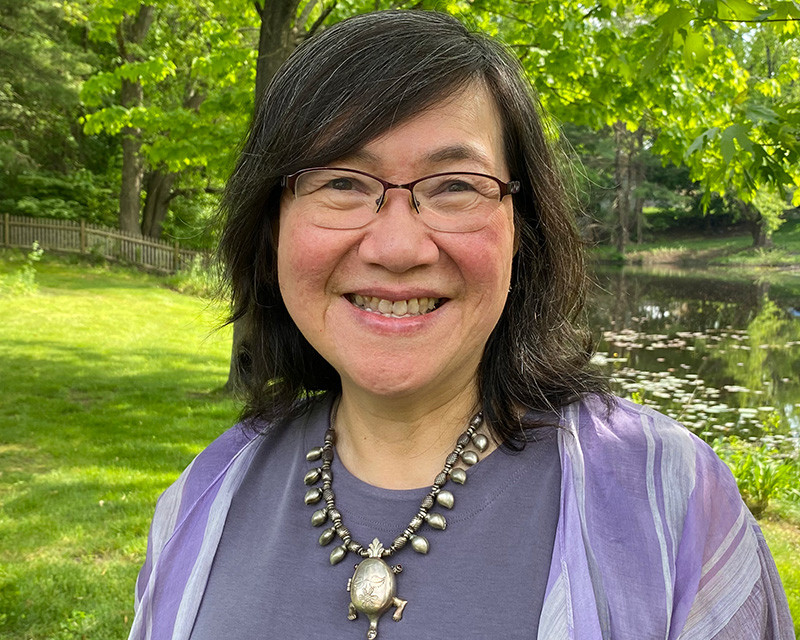- Do women really own less than 2% of the world’s land? While the data point to large gender gaps in ownership and control of land in Africa and Asia, critical data gaps cloud our understanding of land rights, hindering our ability to clearly articulate a policy response to these inequalities (Doss et al 2015; Kieran et al 2015).
- Rapidly growing demand for agricultural land is putting pressure on property-rights systems, particularly in Sub-Saharan Africa, where customary tenure systems have provided secure land access. In Uganda, while many households report husbands and wives as joint owners of the land, women are less likely to ownership documents, and have fewer rights (Bomuhangi, Doss and Meinzen-Dick 2011).
- Behrman, Meinzen-Dick and Quisumbing (2011) further examine the gender dimensions of large-scale land deals, pointing out how those with undocumented property rights, especially women, are likely to be left out of negotiations over land transactions, even when their livelihoods are affected.
- What are the benefits when simple changes are made to land registration rules to account for gender? Santos et al (2014) examine impacts of a joint land titling and allocation scheme implemented by the Government of West Bengal in India and find that inclusion of women as co-owners lead to improved security of tenure, agricultural investments, and women’s involvement in food and agricultural decisions.
- Using data from land titling interventions in India, (Savath et al 2014) use the GAAP framework to assess how gendered dimensions of asset ownership relate to household livelihood strategies. Results point to a significant link between households with more food secure livelihoods and access to land, land ownership, and share of land owned by women.
- Can gender norms surrounding land rights really change? Yes they can, suggests a study from HKI’s homestead food production program in Burkina Faso, which made community land available to women through land leases, transferred small livestock to women, and taught them how to grow nutritious vegetables on their home gardens van den Bold et al (2015).



